Edible School Yard: A Place to Influence Interdisciplinary Skills
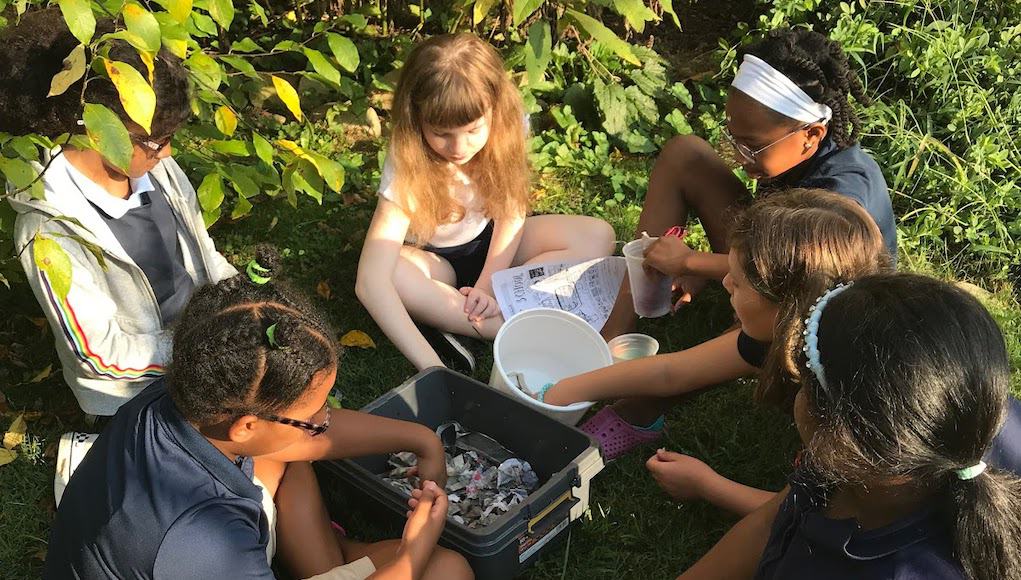
By: Deirdre Keller and Deana Callipare
Place is an imperative factor when determining a child’s educational success, and it doesn’t have to do with just location. Details of a place such as who is there, what can be heard, felt, or seen, and what geographical components surround the area create that space and make it what it is. The same exact location can vary between people and time based on this concept. If Student A walks into a classroom full of their peers talking on a sunny afternoon, he or she might perceive that place as happy, exciting, or fun, but Student B could see that same place as loud and too bright. Perhaps Student A walked into the same classroom full of their peers talking on a cloudy and dreary afternoon, and he or she now perceives the place as being sad, lonely, or boring. The place changed, and people’s perceptions of a location’s features differ.
At the Environmental Charter School (ECS) in Pittsburgh, Pennsylvania, the curriculum takes an out-the-door learning approach and focuses on the natural, built, and social environments in which students reside daily. Place often guides ECS students to learning opportunities that are not commonly found in traditional school systems, and students develop interdisciplinary skills that can expand well past their educational careers.
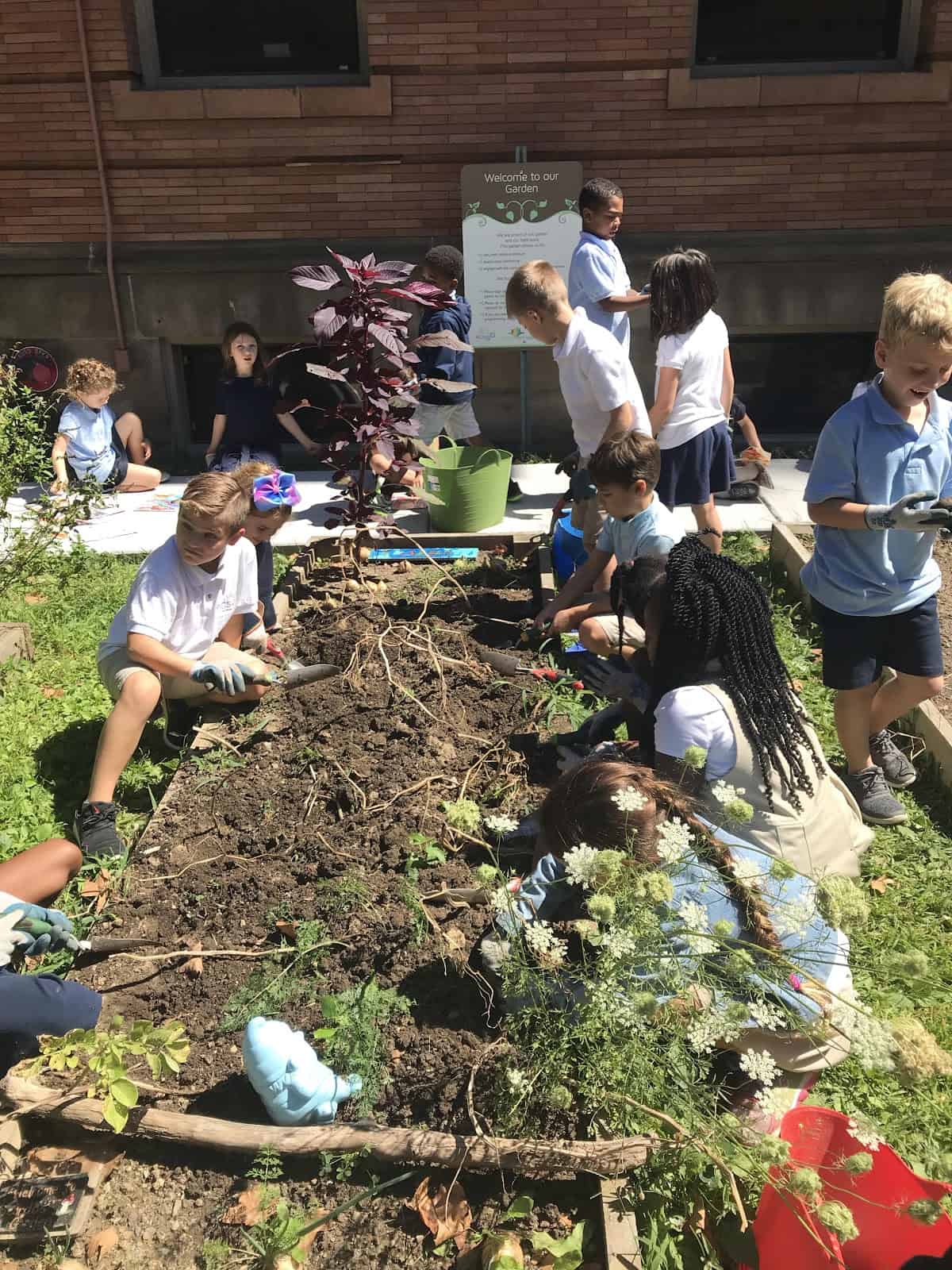
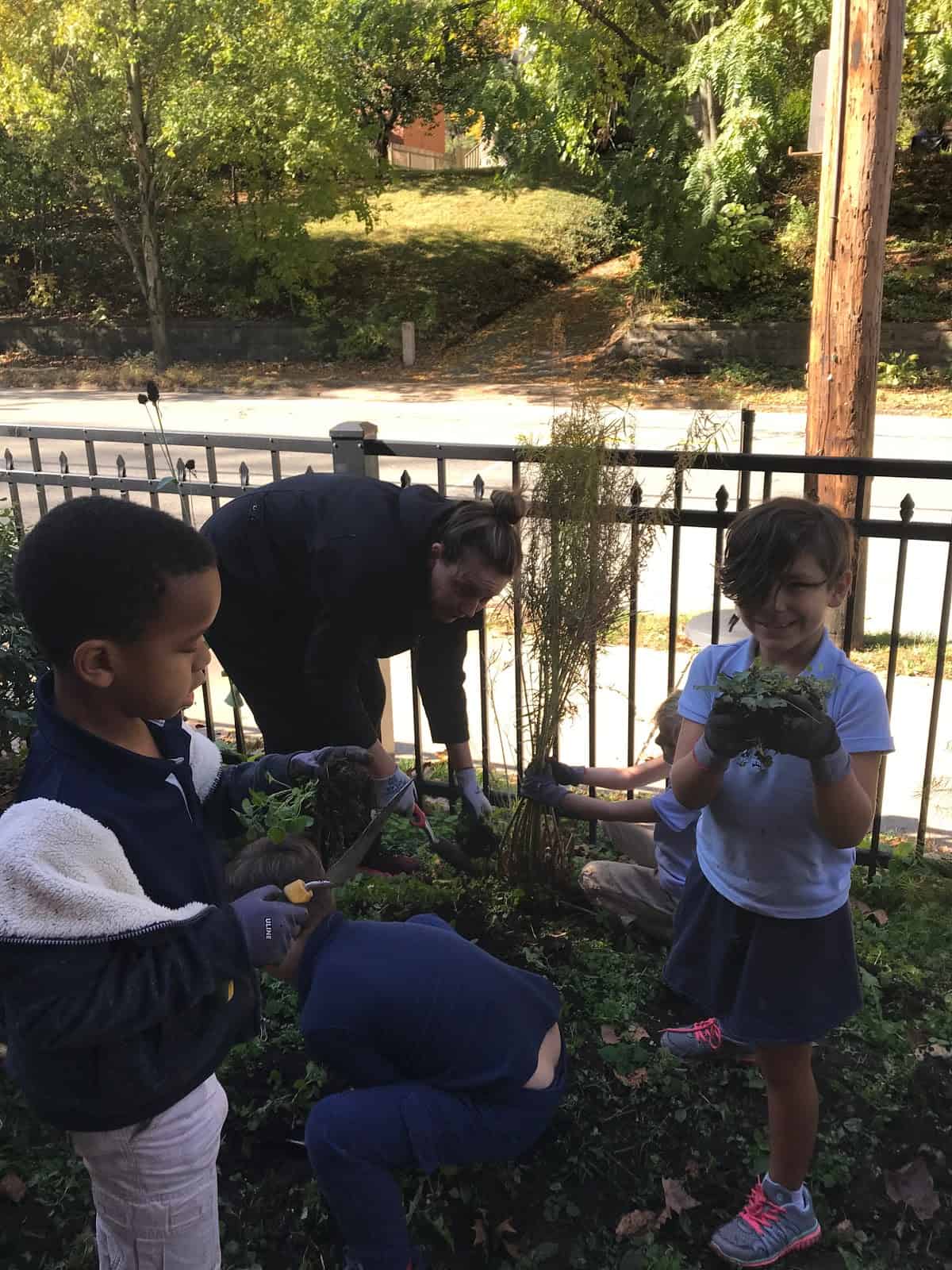
While ECS has many places for local learning that can foster cross-disciplinary applications, nothing compares to the school’s Edible School Yard (ESY). In 2012, ECS partnered with Grow Pittsburgh to start a garden program for second and third graders. In the beginning, a Grow Pittsburgh educator (Farmer Jim) would lead weekly garden lessons and take care of the garden beds with the students and classroom teachers. Over the past eight years, ECS transitioned from Grow Pittsburgh’s educators leading the classes to the current ESY curriculum that teaches students in grades two to five. When ECS expanded, the opportunity for a more sustainable program model that would allow more students, more often, with more intentional use of the garden spaces became possible.
Edible School Yard in Practice
Place is an essential component of ESY. The program is an opportunity to help strengthen student connections to the earth and each other. The ESY is a prime example of a place being different depending on the time and perspective. The garden can be a calming and even therapeutic space for students to be surrounded by flowers, herbs, veggies, and insects. Working in the garden on a warm day can instill a sense of hard work, collaboration, and pride in students. For some students, this place can be a challenge. Students tell educators that they don’t want to try new foods or cooking in the kitchen makes them nervous, however, learning how to garden and use that food to create a dish can feel surreal for students once they adjust to the class. ESY provides students with something of their own, and when students feel a sense of ownership and belonging in a place, that space is ideal for learning and growth.
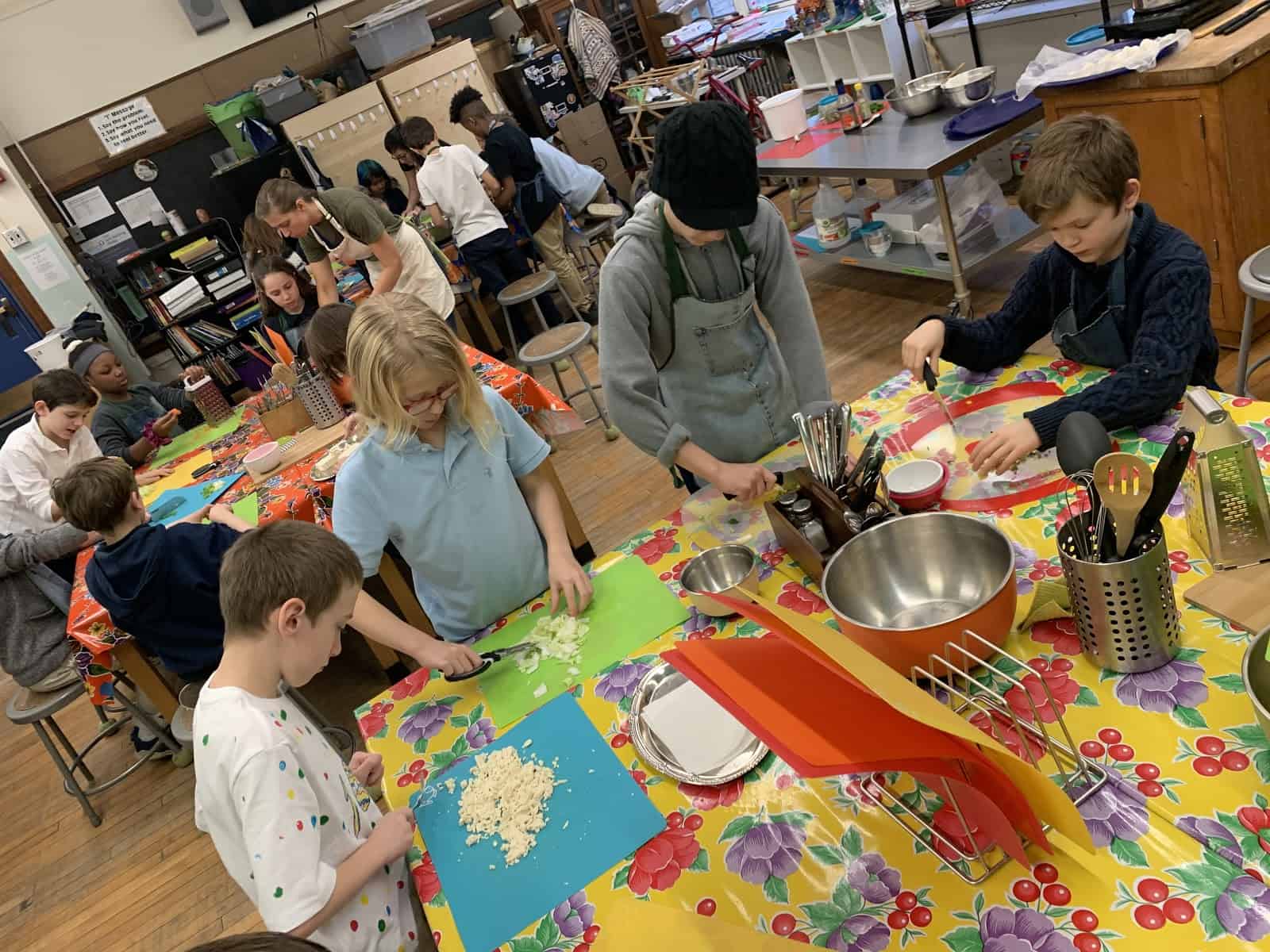
A typical ESY class has a lesson and an application which could include a garden task, independent garden time, or kitchen time. For example, if that day’s topic is cover crops (a crop grown to protect and enrich the soil), students would talk about what cover crops are, why cover crops are discussed, and how they will be planted. Then, students go outside, and half the group plants while the other half completes independent garden tasks like journaling, observations, or weeding. Once the class is done in the garden, students go inside and reflect using reflection cards.
Since ECS resides in a four season environment, the class has to take into consideration seasonal changes and needs. Most of the spring classes are spent planting and maintaining the garden as well as identifying plants and insects to learn about their specific needs, uses, and benefits. Spring is also an excellent time to teach students how to build the health of the soil. As we move closer to spring, fifth graders are preparing to take soil samples, learn about the components of soil, and explore farming and gardening techniques and their impact on soils. They will get to take what they learn and make suggestions for how ECS can improve its own garden’s soil.
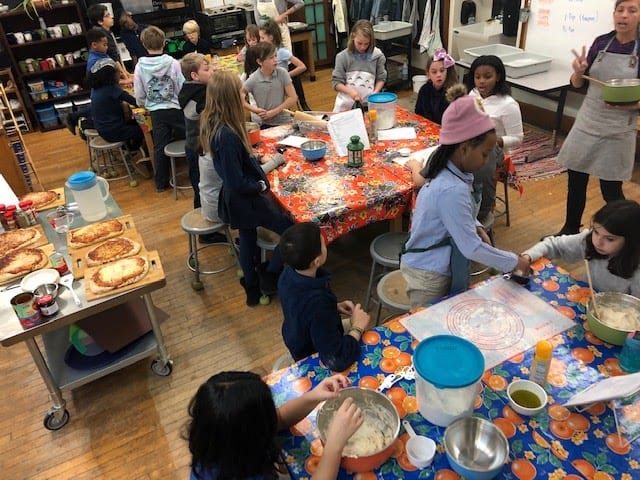
In the fall, ECS students harvest, preserve, or eat crops, get the garden ready for winter, and learn about composting and season extensions. Students learn about the kitchen classroom and how to use the space and tools safely for a quarter. Once students understand the space, they begin learning recipes and cooking in the winter months. Students also learn about sustainable gardens, farm practices, and issues surrounding food justice and equity. This process allows students to have a familiarity with the life cycles of living things which can help them make sense of and connections to what they are learning in other subjects.
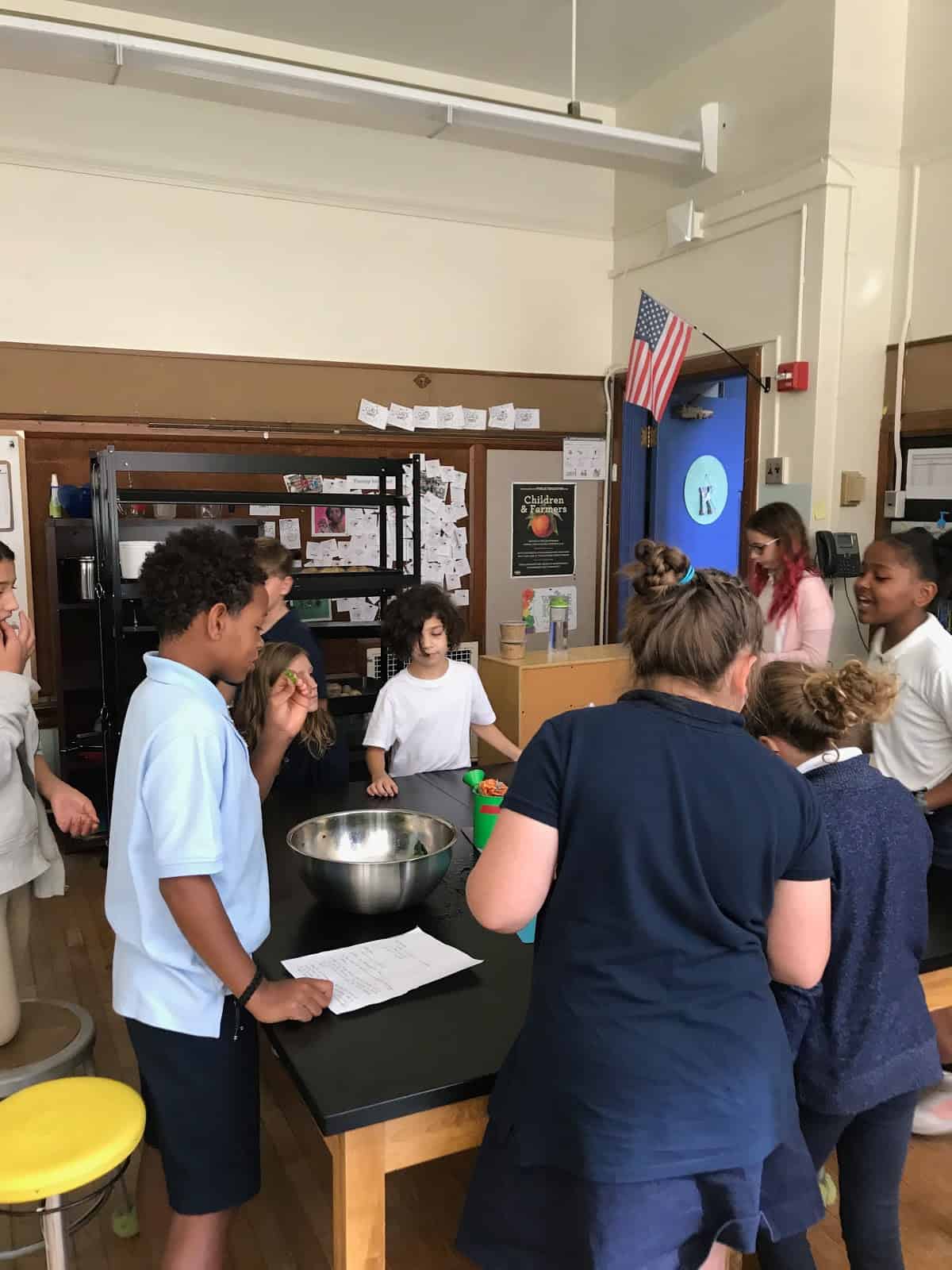
Student Development Throughout the School Year
When students walk into ESY, some are extremely excited to learn in the garden and discover different foods. Other students can be apprehensive, and several students have strong aversions to trying anything new. When these types of roadblocks come up, they are approached with sensitivity and care. Students are asked to try a food at least once, and drawing connections between the classroom lessons, garden, and kitchen can help sway students.
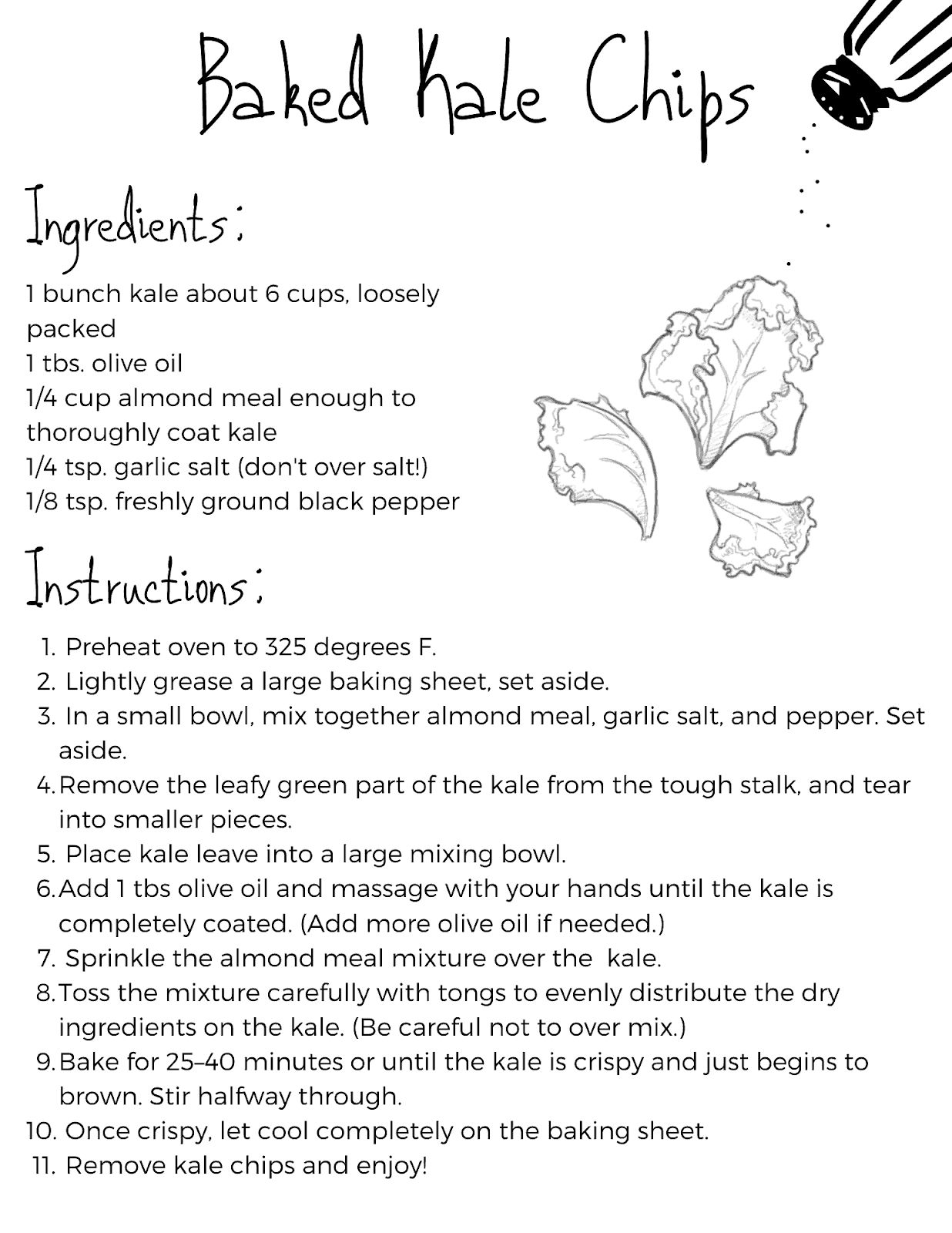
Students begin to approach food with open minds and more curiosity. A student’s evolution in just one year of ESY can be drastic. One particular student went from not wanting a plate, to wanting a plate but not trying the food, to poking it with their fork, to trying the food, to loving the food, to asking for recipes, to making those recipes at home! Students often tell stories about cooking at home, trying new foods, and trying out ESY recipes with a parent. A student just recently asked for several recipes and told the class that his dad had a New Year’s resolution to eat more vegetables, so he wanted to bring him some of the recipes to help him.
Outside of the discoveries and growth revolving around the garden and kitchen, students also take their knowledge to other subjects. The display of life cycles of living things can connect students to their Environmental Literacy classes. Working with recipes in the kitchen can benefit students in math class and provide a visual for fractions. The relation that ESY has with multiple different subjects is endless, and students can draw connections with their world in ways adults might not even consider.
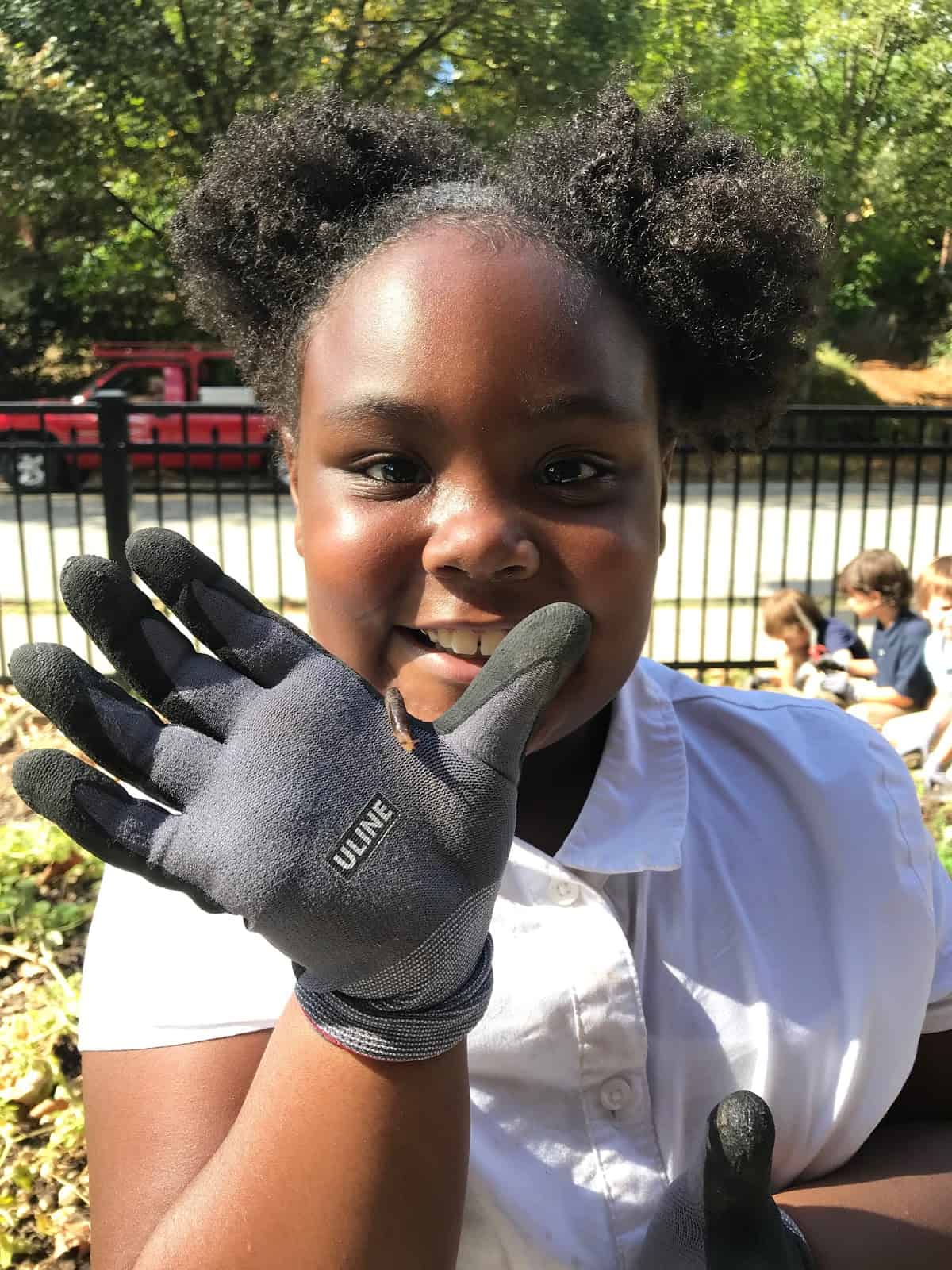
All in all, ESY is not just a class in which students garden and cook. ESY is a place that constantly evolves and changes based on who is in the room, what is being studied, and what can be heard, felt, seen, smelled, or tasted. The place is diverse for each student, and as students adapt, the place transforms with them. The class is a special place where students can take responsibility and ownership for what it is, and ESY is a place to ensure local learning that teaches students life skills outside of the common curriculum. The cross-disciplinary aspects of the class have encouraged students to evolve throughout the school year, and by doing so, a new understanding is developed that will outlast their years in school.
Look outside. Is it sunny today? Are there clouds in the sky? Is your place the same as it was yesterday or did something (even if it’s small) change? ESY has, and it always will, considered this for the benefit of ECS students.
For more, see:
- The Power of Place
- Place-Based Education Anchors Learning in the Community
- 70 Elementary & Middle Schools Worth Visiting
Stay in-the-know with innovations in learning by signing up for the weekly Smart Update.
Deirdre Keller has been at ECS for 10 years and is currently a K-5 Discovery Block and Edible Schoolyard teacher at The Environmental Charter School, which is her dream job. She loves making delicious food with her students, working in the garden and being with her family and friends.
Deana Callipare is currently the Communication Coordinator at the Environmental Charter School. She focuses on the school’s strategic Public Relations and Integrated Marketing Communication efforts. You can connect with her on LinkedIn at Deana Callipare.
Edible School Yard (ESY) at the Environmental Charter School (ECS) in Pittsburgh, Pa is a special place that allows students to step out of the traditional classroom to learn how to identify plants and insects, garden, and use home grown ingredients to make a meal in a cross-disciplinary, local learning course. By participating in ESY, connections between school and real world issues are formed, and students are able to take responsibility and ownership of a place. The outcome—an engaged, thoughtful citizenry prepared to take on real world problems.


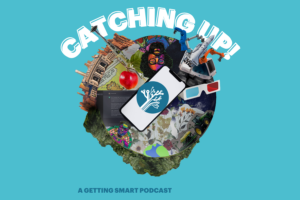



0 Comments
Leave a Comment
Your email address will not be published. All fields are required.